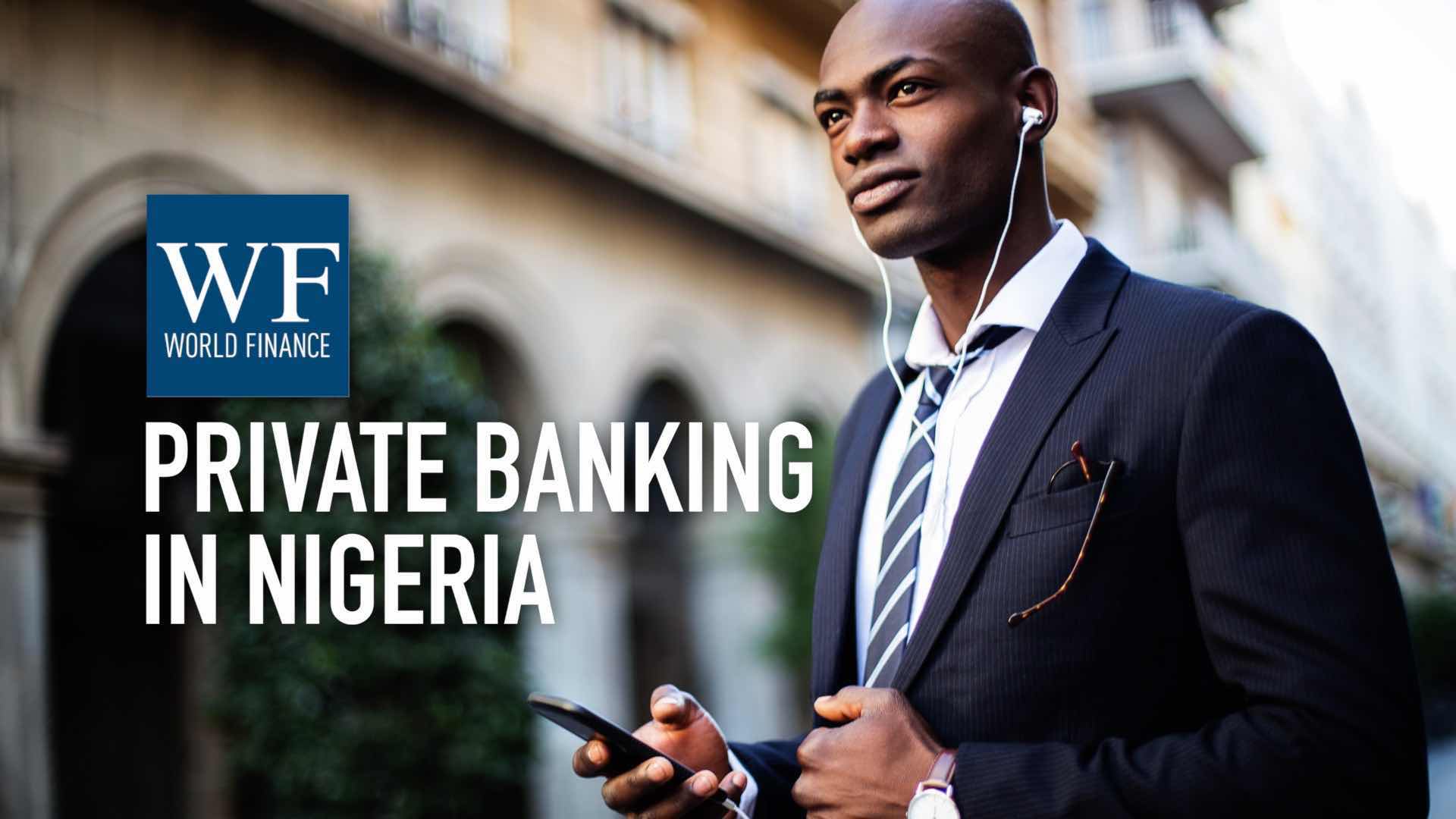FBNInsurance on engaging Nigeria’s communities to rebuild trust
"We have been revolutionistic in the way we communicate with clients," says managing director Val Ojumah
Related:
Transcript
Nigeria’s enormous population, growing middle class, and need for greater infrastructure investment, represents huge potential for the country’s insurance sector. But insurance penetration remains below one percent. Val Ojumah and Adenrele Kehinde from FBNInsurance discuss the reasons behind Nigerians’ lack of trust in insurance, and explain how they have revolutionising the insurer-client relationship to correct for the evils of the path. Continue the conversation with Val and Adenrele, where they talk about the growth potential in Nigeria, and FBNInsurance’s growth plan.
World Finance: Nigeria’s insurance penetration is very low: tell me more.
Adenrele Kehinde: It is indeed very low, and there are many factors responsible for it.
Nigeria is a very religious nation, and we believe that God is good enough as an insurance and a protector. Some people see insurance as very morbid, and a reminder that death is imminent. Also there’s a general lack of trust. After the indigenisation law of the 1970s, many rich affluent Nigerians became owners of insurance companies with their families. Unfortunately, some of these owners saw insurance as a personal business; and due to wrong investments, when claims were due to be paid, the money had been invested on long terms, and the money was not available to pay claims. Which eroded the trust of people. And as you know, insurance is a promise based on trust. And once that trust is eroded, it’s a challenge to change people’s mindsets.
We have decided to do things right. We do what we promise: by paying claims promptly, and by providing excellent services.
World Finance: In the seven years that you’ve been in operation, what would you say is the biggest change you’ve effected in the insurance sector?
Val Ojumah: We have been revolutionistic in the way we communicate with our clients, the way we treat our clients. We have decided to simplify the insurance policies so that the gap between what we’re trying to say and what they see in our documents is eliminated as much as possible.
We have introduced a documentation and a claims processing system that has shortened the decision time to buy insurance and the decision time it takes to complete a claim.
Over time we have paid claims where we shouldn’t have: to engage communities in a different way, to correct the evils of the past, and make people enjoy the insurance experience with our company.
World Finance: How does FBNInsurance view the role you play in society, and how are you working with communities to grow that trust again?
Val Ojumah: It’s a role that is important: to educate the public about insurance going forward. To bring insurance education closer to the people. Because the only way you can succeed in playing the retail sector is by making the public part of your business, and making you part of the public.
Today, what FBNInsurance is doing is centered around CSR, among communities where we operate, and some of them are directed at our policyholders. So one of the products that we use specifically for this purpose is the FlexiEdu. Every family in Nigeria wants to send their children to school; but it’s probably the most expensive part of every family. So, this product speaks directly to those communities, and those families.
So what we do is use funds from this product to donate to charity organisations, to women’s organisations, and other community organisations that speak to developing education and education facilities in their areas. It’s come out quite successful in our favour over time.
World Finance: Val, Adenrele – thank you.
Val Ojumah: You’re very welcome, thank you.
Adenrele Kehinde: You’re welcome.

 FirstBank Private Banking: Our clients are keeping us on our toes
FirstBank Private Banking: Our clients are keeping us on our toes Thinking in 12 dimensions: How Standard Insurance uses AI to predict behaviour
Thinking in 12 dimensions: How Standard Insurance uses AI to predict behaviour
